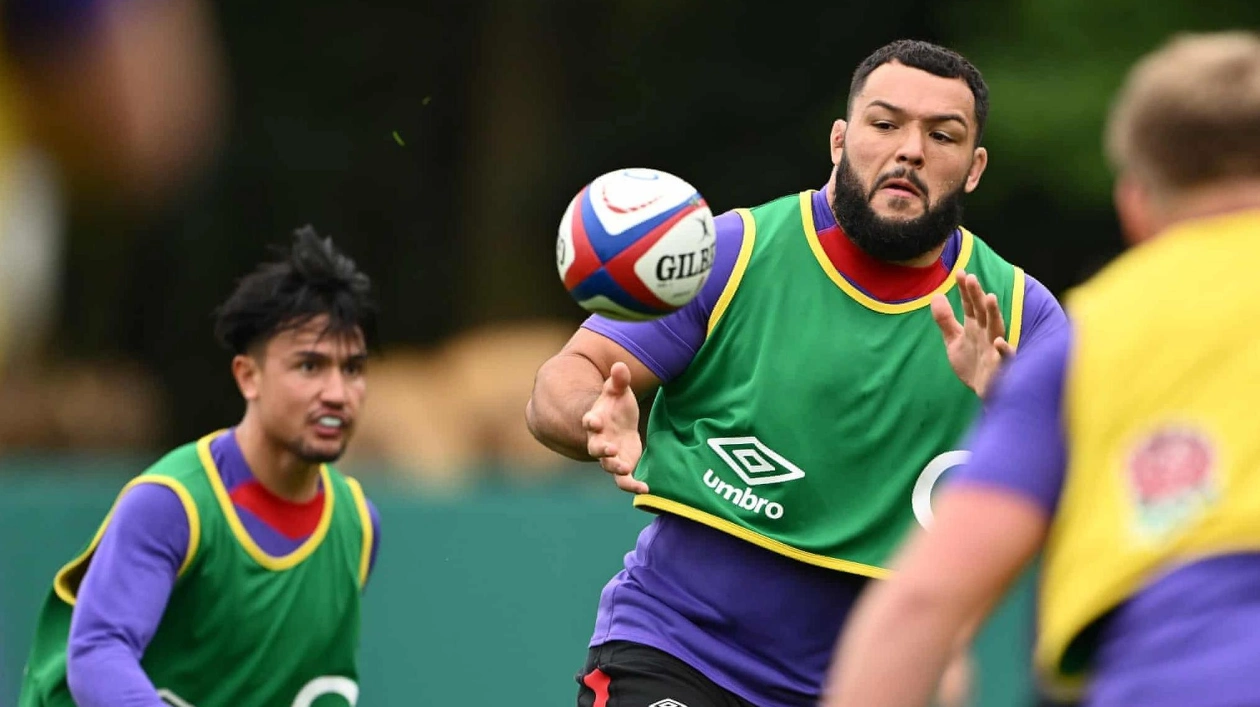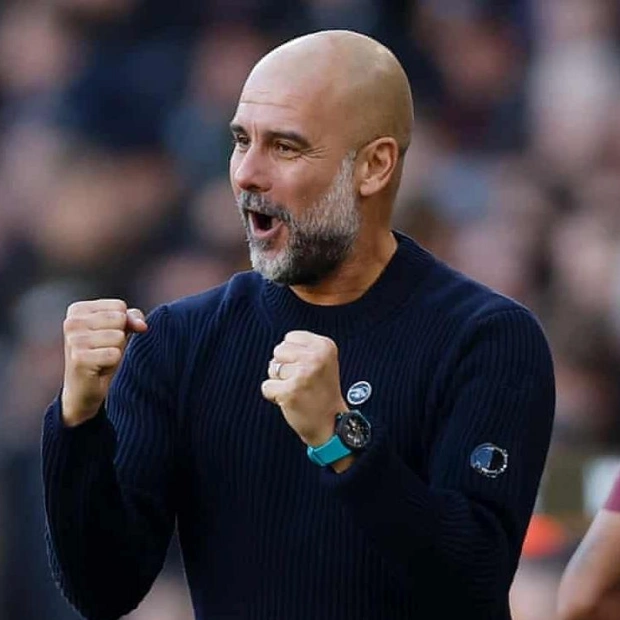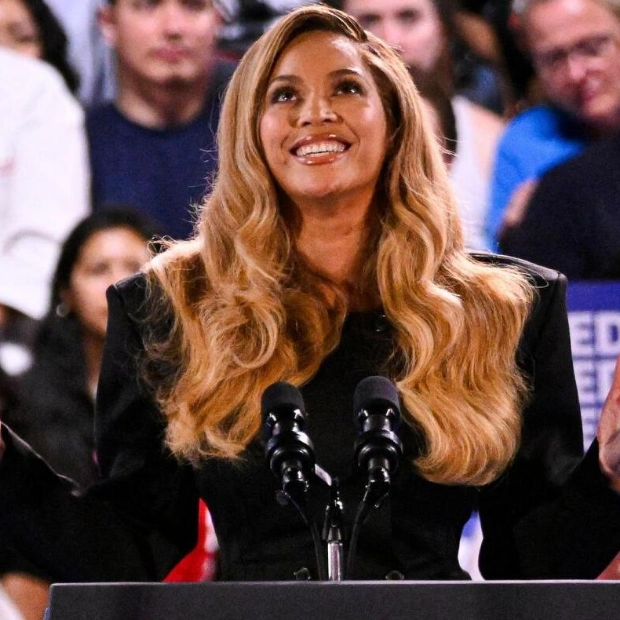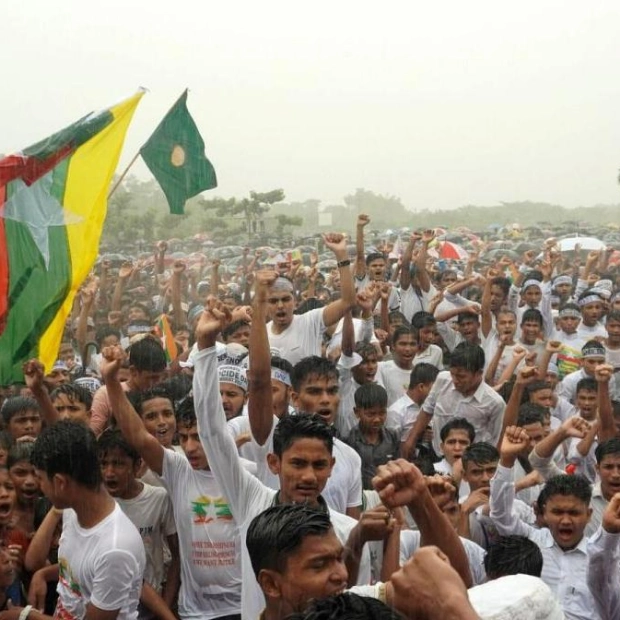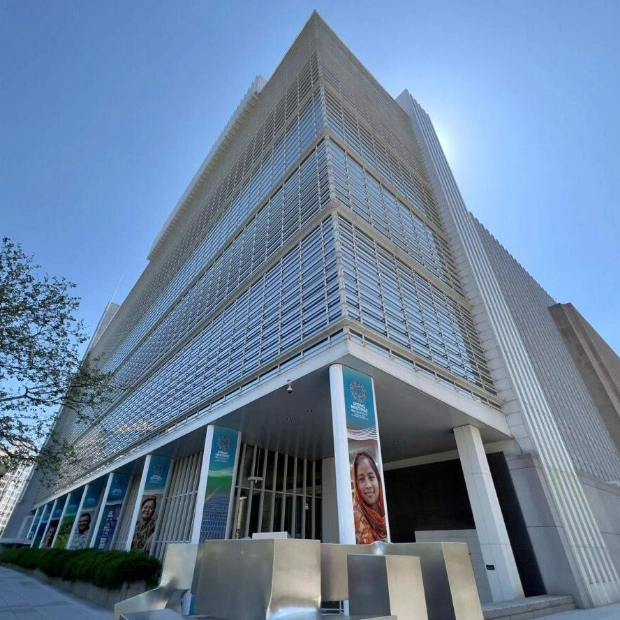There are refreshingly forthright rugby players, and then there is Ellis Genge, who stands several laps ahead. How does England’s returning vice-captain view the current financial stability of the professional club game beneath the national team? “I think it’s shit or bust, to be honest,” he replies, bluntly. “It’s either going to go one way or another … something’s got to give.” These are strong words from a key player ahead of a crucial autumn for the sport. And what about the calf injury that forced him to miss England’s summer tour to Japan and New Zealand? “I’ve never had a calf issue in my life. It was 28 minutes into the last game of the season in May, in a scrum. That shouldn’t happen.” He believes the blame lies with those pushing top players to play continuously for club and country with minimal rest. “Boys getting run into the ground is no good. Is there a silver bullet that’s going to sort it all out? Probably not. I’ve always said we’re a guinea pig era.”
Genge, part of the player-led Team England Rugby group negotiating with the Rugby Football Union on commercial, contractual, and welfare matters, clearly has much to express. And more power to him. Take the idea that rugby should be creating larger-than-life “characters” for promotional purposes. “Part of me questions whether we’d want people to be like that. It makes good stories for a short period of time. But would we then create a few arseholes in rugby? There’s a fine line when it comes to personality.” He feels strongly on numerous other topics. Today’s players are clearly tired of being marginalized – “There are definitely things that could be done better” – on issues such as training load and shrinking wages for club pros. “The disparity between the top players and the lower end is unfair. Some of the salaries for senior players aged around 30 are abysmal. A 150-game Premiership player is probably getting paid half of what he did eight years ago. People will say: ‘The business isn’t making money, why should they pay them more?’ I’m not saying they should. I’m just letting them know I don’t think it’s worth the physical risk you take.”
It should already be obvious: Genge is smart, thoughtful, and wise beyond his 29 years. He is also impressively committed off the field. Ahead of Saturday’s match with New Zealand, he has launched The Genge Fund, a foundation helping underprivileged youngsters from the same communities in Bristol that shaped him. “I want to give children from deprived areas the opportunity to thrive through sport and education. I think it’s a massive issue. Education fails them. Well, they fail themselves but the environment is brutal. I want to show these kids that it doesn’t have to be about running around doing all the madness.” In his time, Genge has been down that dimly-lit road and knows precisely where it can lead. Luckily, he found rugby and, increasingly, a sense of purpose. “It’s difficult to speak about because sometimes I think people think, ‘He’s just saying it because it seems the right thing to say.’ But it’s a driver for me. I went to a youth center in Bristol on the Thursday before we played Saracens last month. Seriously, I had tears in my eyes. Some of the kids were asking me: ‘Are you Elvis Genge?’ ‘Yeah, I’m Elvis Genge. I’m whoever you want me to be. You ain’t nothin’ but a hound dog …’ By the end, they all wanted to come to Ashton Gate on the Saturday.”
Maybe “Elvis Genge” could be the new rock star that rugby’s marketers are seeking? By now, though, the conversation has shifted to age-group scouts who primarily search for talent in middle-class areas. “My old coach at Hartpury College, Alan Martinovic, is a genius in terms of talent ID. He’s been harping on about it for so long. We’ve notoriously had a bit of a front row problem in England. It’s a very combative, tough position. As he says, ‘Why would you go fishing in places where people have never had any adversity?’ You want people from tough upbringings to put their heads in dark places. The Saffas seem to do all right at it, don’t they?” Genge has certainly come a long way from his own difficult teenage years as a dyspraxic kid on the streets of Knowle West. With two children and a third due in March – “We’ll soon have a whole front row” – parenthood has helped to soften the old raging bull persona. With 62 caps to his name, he is also now emerging as a father figure to England’s newer squad members. “I’m an old boy now so they’re coming and asking questions. I sit them down and have a cup of tea. Someone like Manny Feyi-Waboso will ask why the sky is blue.” It reminds him of when he was 21, listening to the senior pros. “If a youngster asks for one piece of advice, I just tell them to enjoy it. Because it’ll be gone just like that. Tom Youngs used to say to me, ‘When you get to my age, you’ll have a bad back, you’ll be struggling, you’ll get injured. I never used to believe him but Tommy was right. I’ve probably got six years left if I’m very lucky. It just flashes before your eyes and you have to make the most of it.”
Hence his desire to rack up as many meaningful wins with England as possible. “Winning becomes a big motivator as you get older because you’ve got less time left in your career.” Mentally and physically, he feels great – “I’m lifting more weight than I’ve ever lifted” – and after an intense recent scrum session, he and his roommate Luke Cowan-Dickie shared a moment of blissful clarity. “We were both blowing but he said to me, ‘I loved that, that was a proper ding-dong.’ There’s nowhere else in life where you’re going to be able to hit lumps out of each other at 2pm in the sun in Spain. Though there’s a few pubs around me where that happens a lot.” His post-rugby life, though, won’t be dull. He has just launched a groundworks company with a friend – “I think that’ll be the line of work I’d be in, hands-on labour – and is keen to try a different contact sport. “I’d love to try my hand at the UFC. I’ve been watching people going up to wrestle with [Tom] Aspinall. It looks fun. Why not, man? I’d like something combative to fill my time. I’ve got to build up some self-esteem somehow.” Alternatively, might he eventually move to France’s Top 14? “Obviously the money is very lucrative and it looks brilliant. I don’t think I’d go to another Prem club … I love Bristol and I’m happy at home. But you never say never, mate.”
When it comes to appealing to a more diverse audience, either way, English rugby could not have a better ambassador this month. Genge – “I think relatability is massive” – offers up the boxing case study of Mike Tyson’s trainer Cus D’Amato, who knew his troubled fighter inside out. “You had this kid who was in and out of jail at 15, an absolute animal of a man. He would not have been OK with any other trainer but Cus D’Amato understood him.“On my own, I can’t really do anything but I get hundreds of messages from kids saying, ‘I don’t fit in,’ ‘I haven’t got this to get to training.’ In team sports, you can’t put all your resources into one person but I do think we need to do a better job of understanding some of these kids when they’re coming through.” The pied piper they call “Elvis Genge” could yet make an even bigger impact off the pitch than he does on it.
Source link: https://www.theguardian.com
